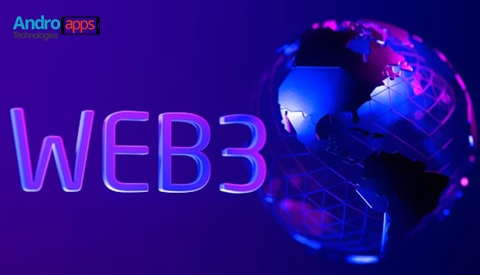Web 3.0 Advantages
Let's Talk
Web 3.0
What is Web 3.0 and its Advantages
Do you want to know everything there is to know about this? Continue reading this article from the specialists at B2C Info Solutions to learn more about what this is and what its implications are.
What is Web 3.0, exactly?
So, what's next for the Internet? Well, the rise of blockchain technology in Web and Application Companies in Mumbai has opened a forbidden door for a backend revolution in which the web is backed by decentralized networks and web services are not dependent on servers held by massive tech companies. A good example of this concept is the expanding number of decentralized apps that run on blockchain networks, like Ethereum.
Web 3.0 is also projected to take advantage of other developing technologies such as IoT and AI to dramatically improve the Web's capacity for converting and valuing information and pave the way for new sorts of web services, similar to how Web 2.0-enabled applications were before unthinkable.
Benefits of Web 3.0
There are three key advantages:
1. Decentralization
The decentralized nature of Web 3.0 is likely its most significant advantage. Many modern web services require users to supply personal information to fully utilize the service's features. This is crucial because the service provider assures that the user data they acquire will not be misused. Decentralized networks, on the other hand, ensure that users retain ownership over their data. Its systems are more secure than their centralized equivalents because of decentralization, which means there is no single point of failure.
2. Native Currency
Another advantage of this system is that it comes with built-in monetary terms in the form of cryptocurrencies. This means it can be used to send money without the usage of middlemen such as banks and payment processors.
3. Permission less and Open
Another significant benefit of the decentralized web is its openness and lack of permissions. No single entity has authority over the network, therefore no one can limit access to the apps that run on it. This also means that apps are free of censorship.
Another big challenge that decentralized systems face is the fact that they consume a lot of energy. Networks that use popular proof-of-work consensus methods, for example, are known to be particularly hungry.
There are many more obstacles to overcome on the route to this system. The lack of inheritance between several blockchain networks, the complexity of blockchain system development, and the exact coordination required to ensure that a blockchain network performs more efficiently are all challenges. However, our specialists have identified certain crucial advantages above. So you must do good research on this software before choosing anything blindly. For more info, go online.